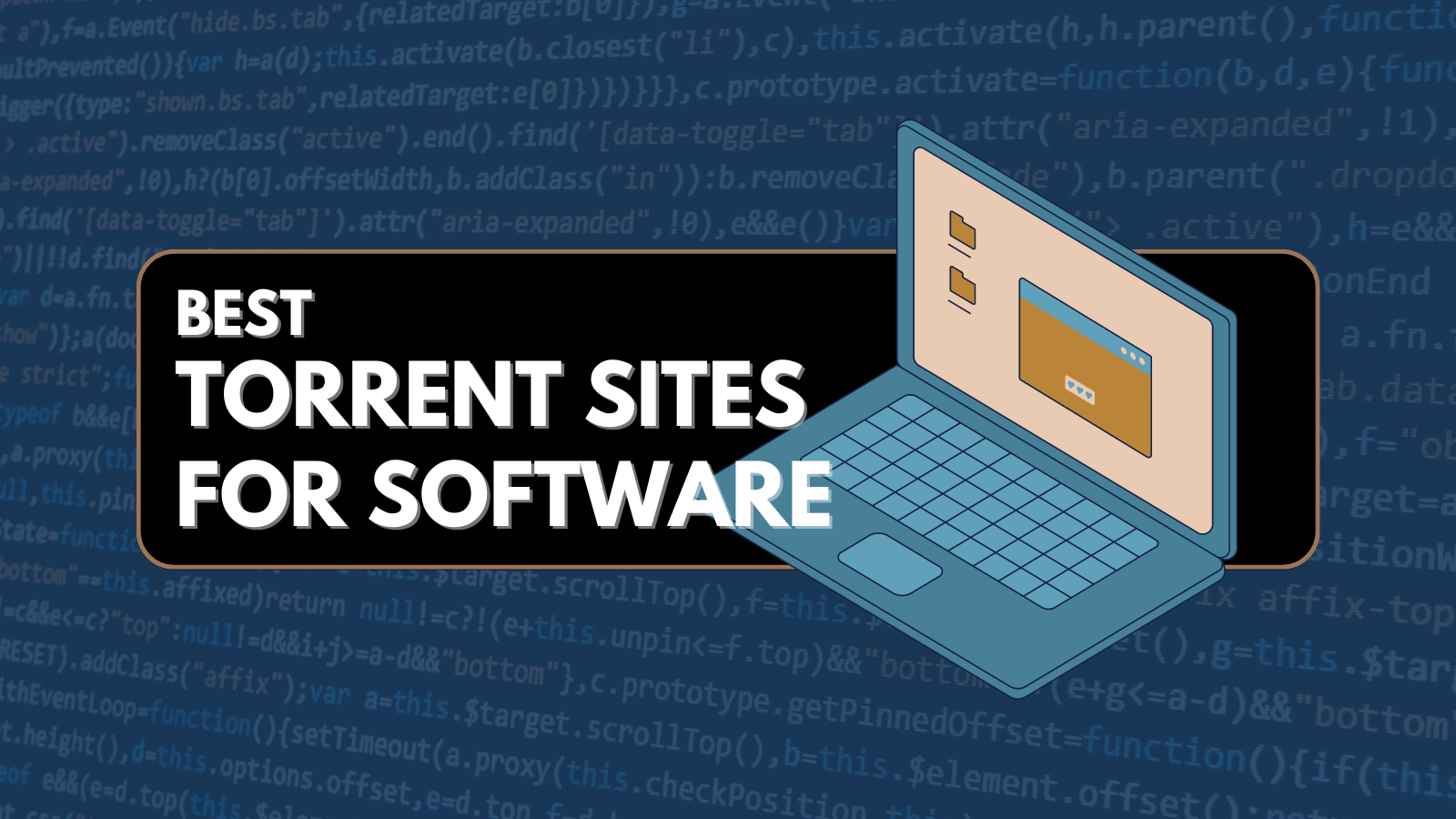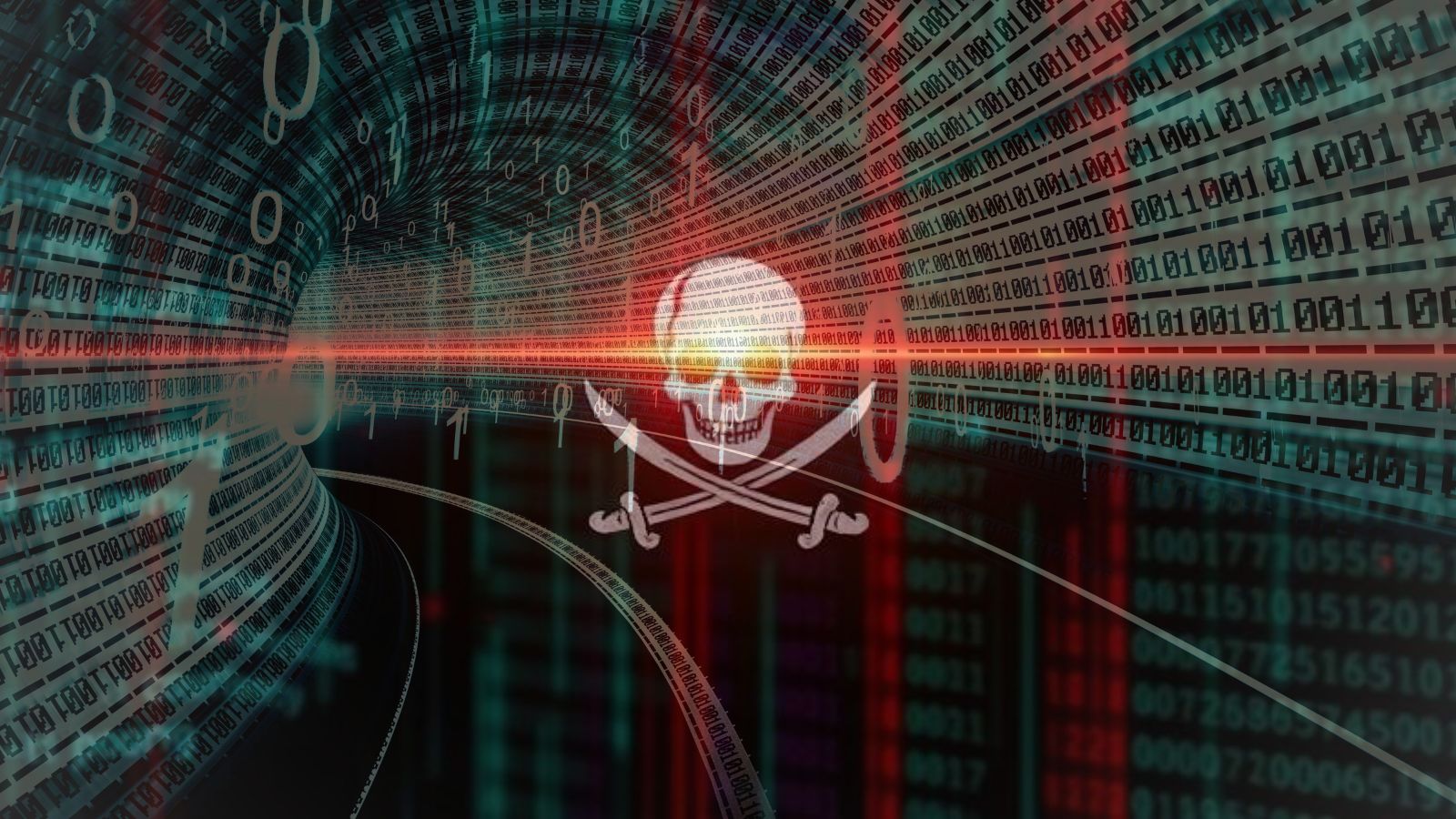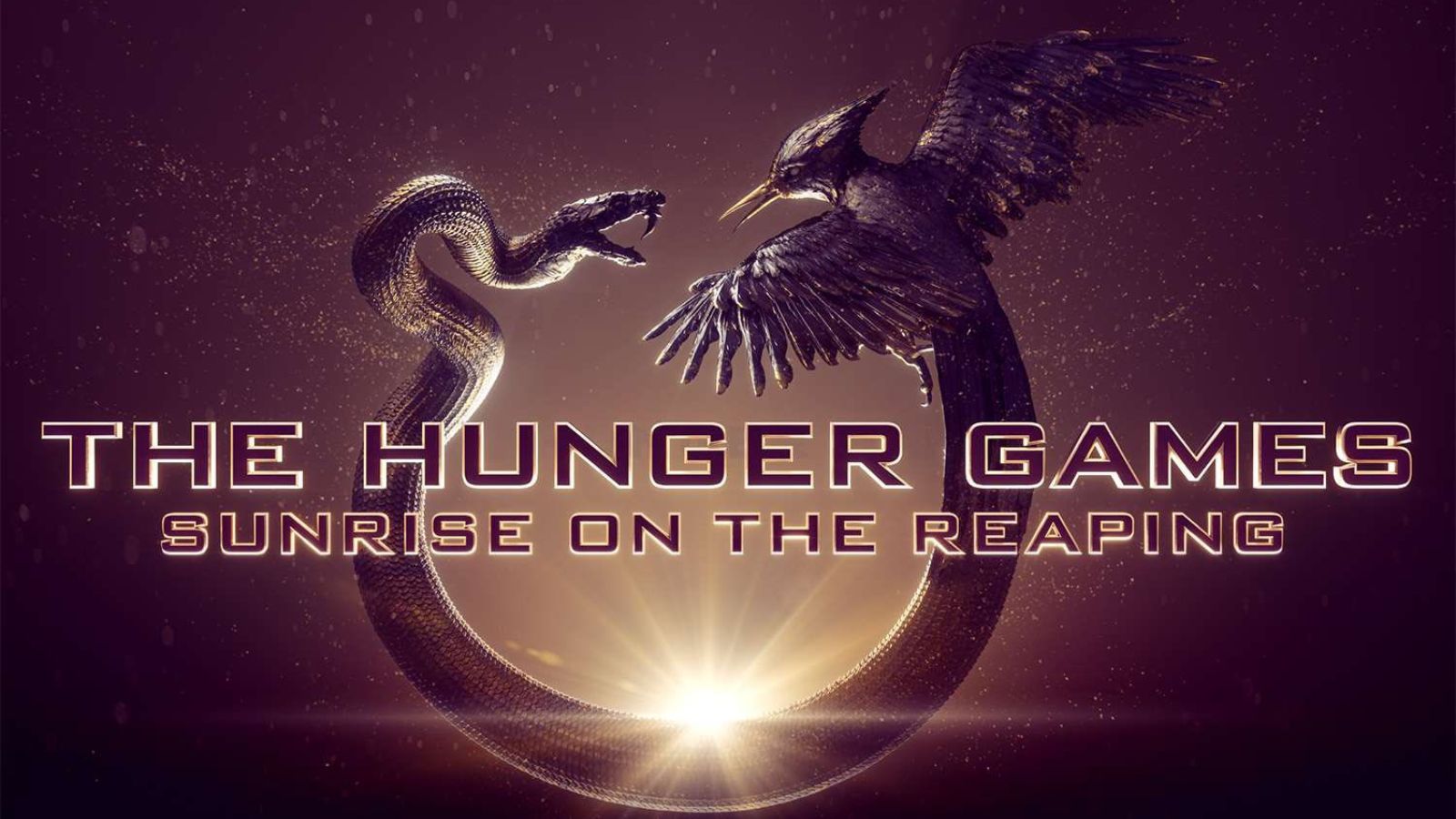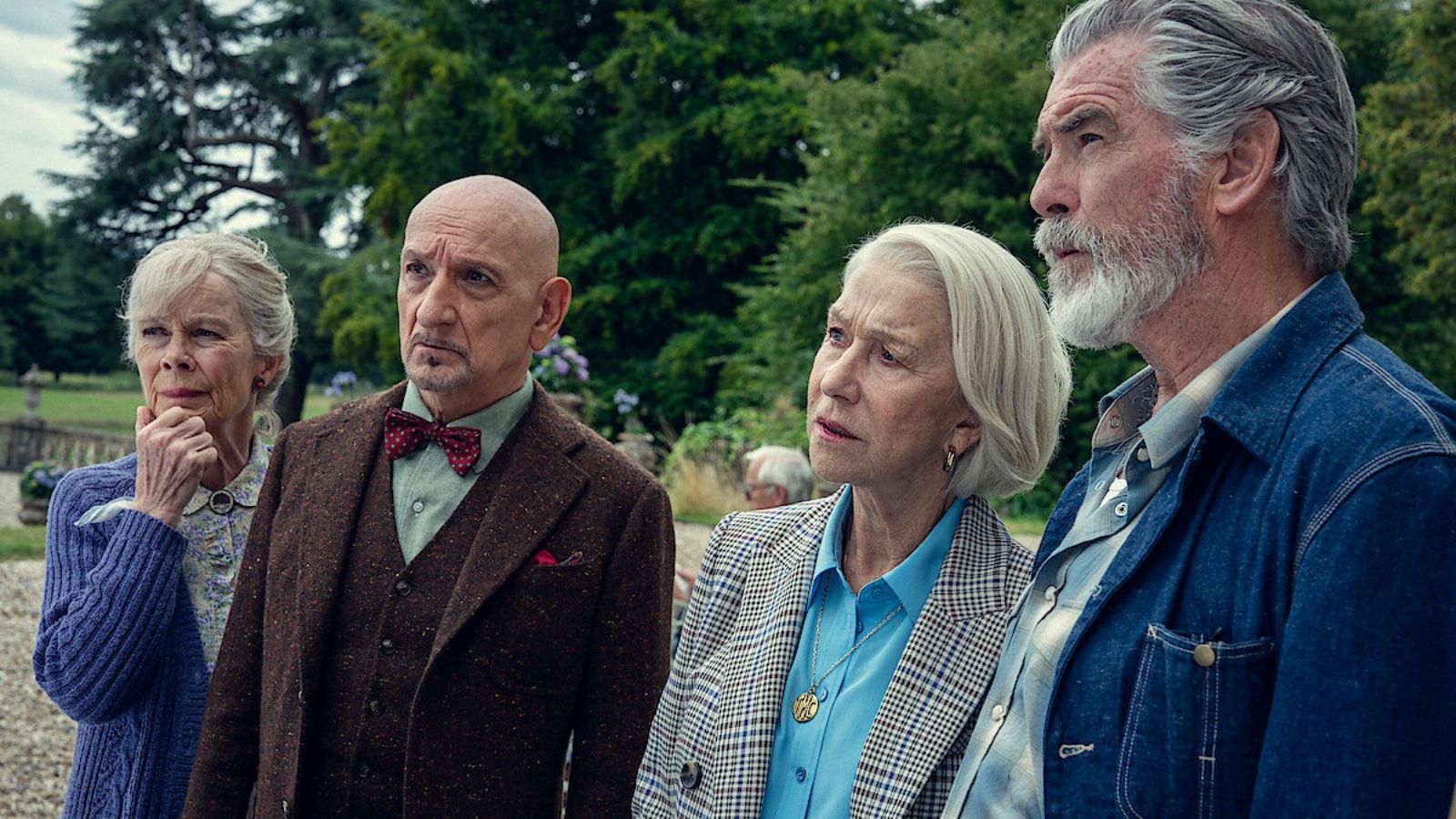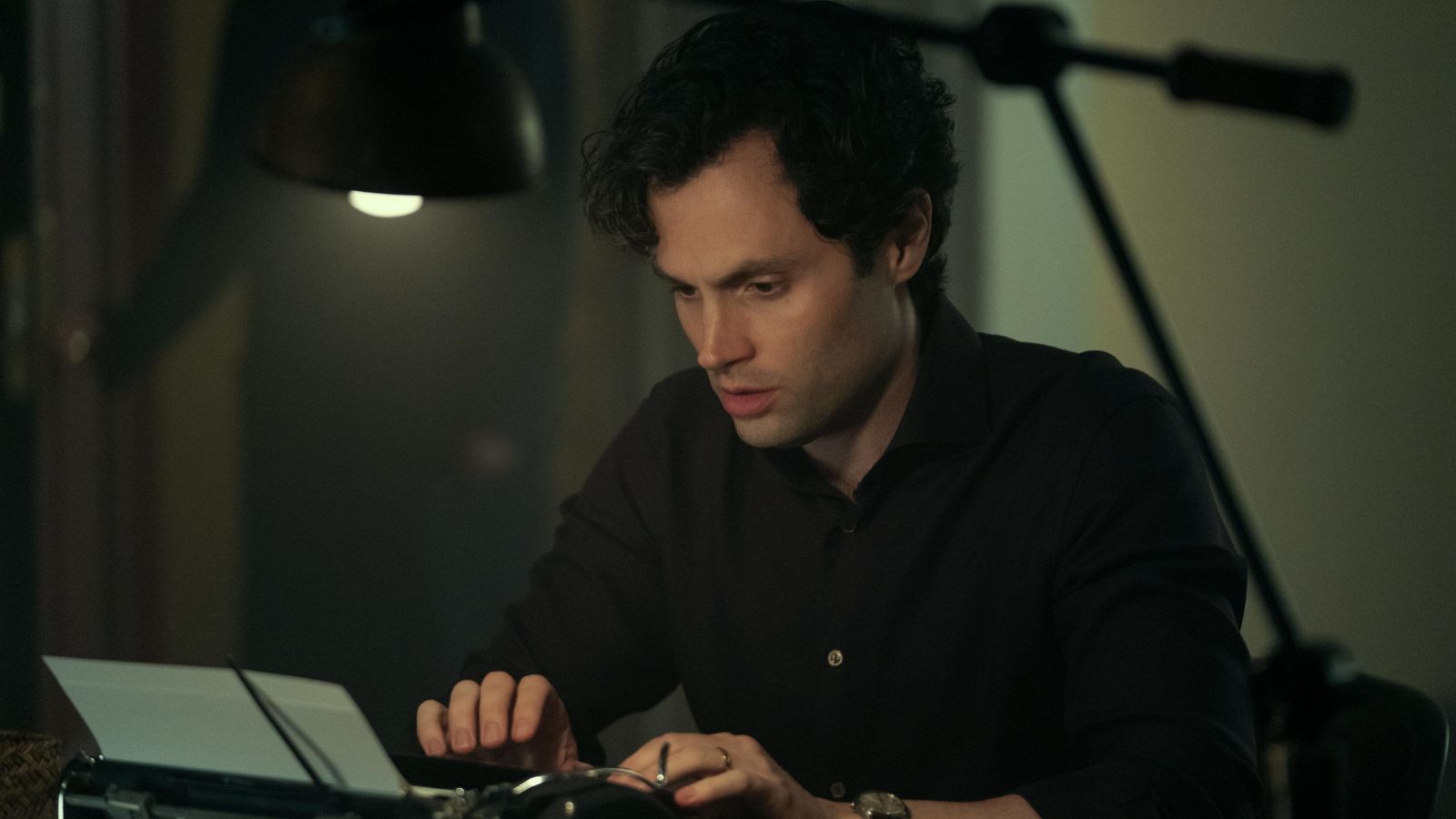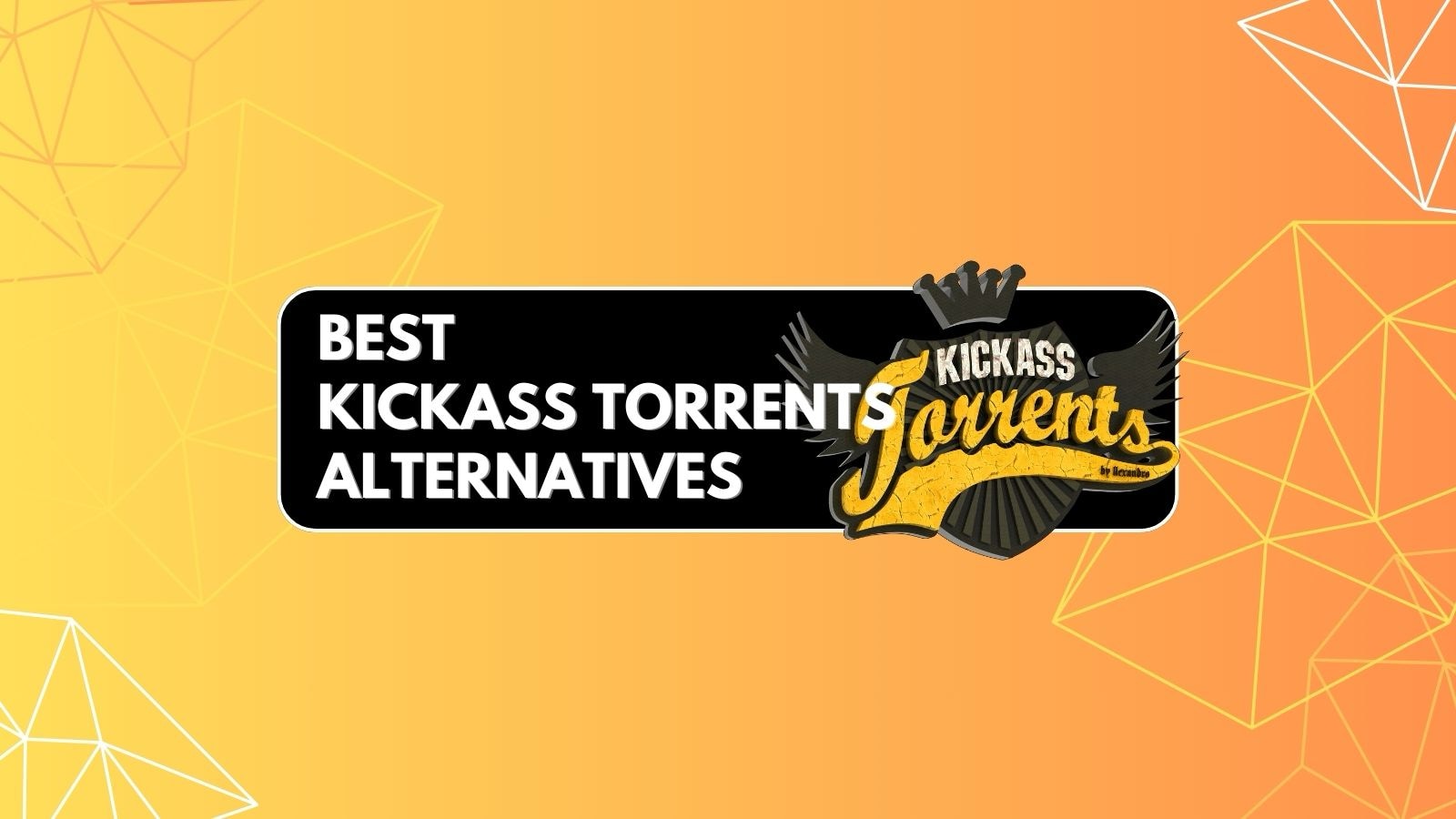
Copyright Trolls Stunned as Courts Start Asking for More Than Just an IP
- Court rules that an IP address is not enough of an evidence to proceed a copyright infringement case
- More courts in the US follow suit, citing the original ruling, but none is clarifying what the evidence should consist of
- This may be an effort to limit BitTorrent related lawsuits that have piled in all courts of the country
It looks like pirates are getting a break, and copyright holders are getting a disruption in their usual money making process as courts around the US have started to ask for more evidence on the infringers’ identities.
The new barricade for copyright trolls was introduced this summer by the Ninth Circuit Court of Appeals when it refused the demand of a settlement compensation on the basis that the ownership of a registered IP doesn’t prove that the same person is the infringer. This is true, as multiple people can use the same IP simultaneously through different devices, so the court decided not to proceed since it could have sentenced an innocent person. A person is innocent by default until proven otherwise, and an IP-address, is not enough to verify the identity of someone, so the case was dismissed.
This decision resonated across the country and many courts throughout the US have started asking for more concrete evidence on the identity of the defendants. Copyright trolls are not sure of what this “more evid ence” would constitute of, so they have started unveiling all data that they have, from browsing history monitoring, to advanced geolocational information. Internet providers are also forced to hand over every detail that they have on the defendants, so courts end up with a huge pile of doubtful evidence. Some courts accept it, while others do not, and the situation seems to have taken a trend towards the latter option, citing the Court of Appeals decision. In a recent copyright infringement case in Nevada, Judge Nancy Koppe responded as follows:
“In the context of BitTorrent copyright infringement, the Ninth Circuit has recently held that a plaintiff bears the burden of pleading factual allegations that create a reasonable inference that the defendant is the infringer. Hence, a complaint that traces infringement to a particular IP address and pleads that the IP address is registered to the defendant is insufficient to state a claim.”
Simply put, US courts are filled to the brim with BitTorrent related lawsuits, so they may feel that they have to do something in order to filter out blatant copyright troll demands and only proceed with cases that are based on substantial evidence. Malibu Media, one of the most prolific copyright trolls has even got banned in Northern California courts for abuse of process. Still though, no court has clarified what the additional evidence should be, so the uncertainty of the lawsuit action has increased. Copyright trolls will continue their lawsuits of course, but the evidence that they produce will now be much more in-depth.
This leaves reality on two paths to be taken. Either the copyright trolls will enforce stricter regulations on internet user activity monitoring and reporting (by the ISP providers), or the lawsuits will stop or get much more limited to specific people who deal considerable damages. The first path will demolish all that remains from the user privacy rights, while the second will bring things into a more sane context.
What is your opinion on the above? Should judges continue this tactic in order to put a stop to copyright trolls, or should the law bash those who are involved in infringements? Let us know in the comments below, and don’t forget to also visit our socials on Facebook and Twitter.
